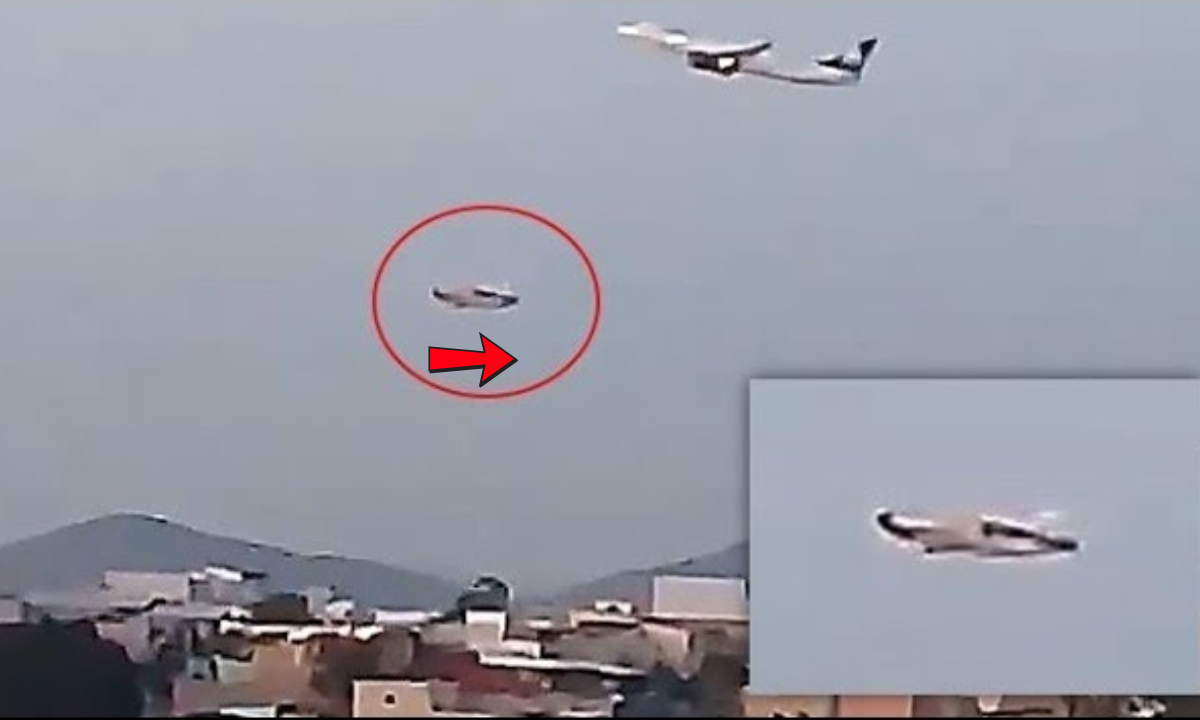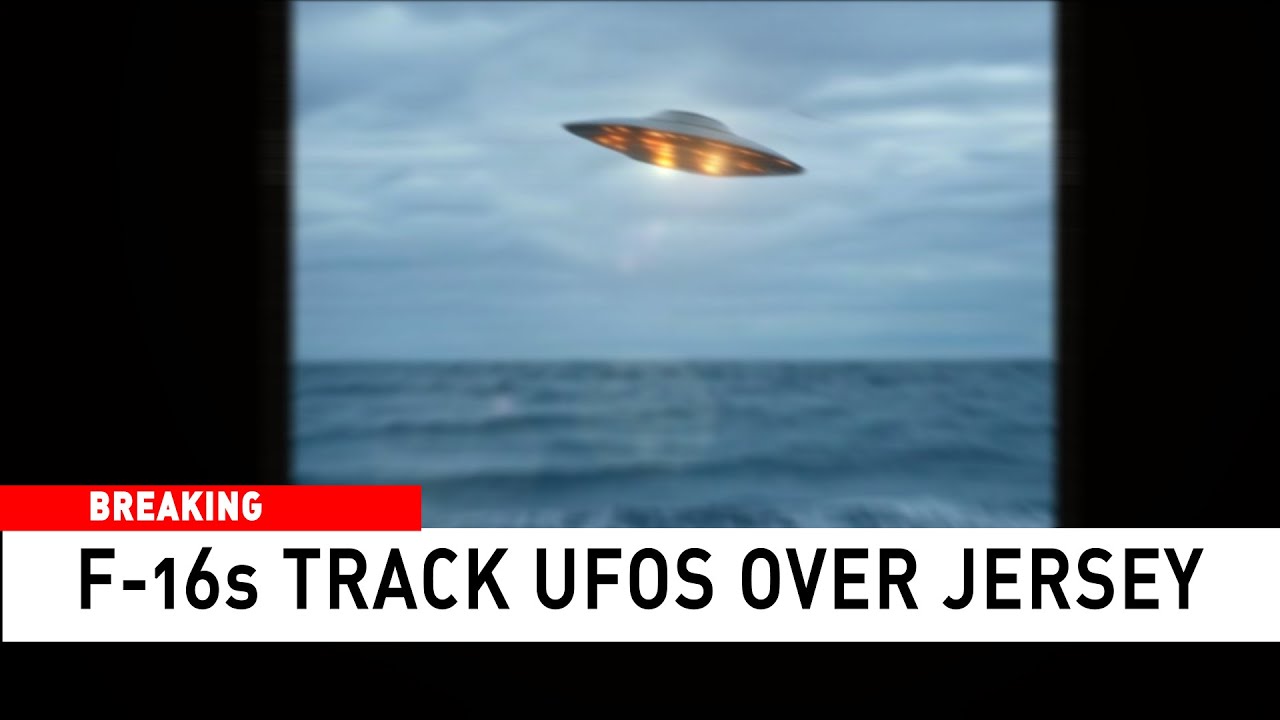
In a startling revelation that could redefine our understanding of extraterrestrial life, experts warn that the most likely type of alien to invade Earth may not be the organic beings of science fiction, but rather advanced robotic entities. With discussions surrounding the rise of artificial intelligence intensifying, a new theory posits that aliens may have evolved beyond their biological origins, becoming synthetic beings on a quest for efficiency and survival.
Leading astronomers and philosophers, including renowned figures like Seth Shostak and Susan Schneider, have begun to explore this chilling possibility. They argue that the rapid technological advancement observed on Earth is not an isolated phenomenon. Instead, it suggests that any intelligent species capable of interstellar communication is likely just a few generations away from integrating AI into their very existence. This “Short Window Observation” implies that civilizations could transition to robotic forms, thus enabling them to withstand the rigors of space travel without the limitations of organic life.
As humanity stands on the brink of its own technological revolution, our attempts to conquer death through artificial bodies may mirror the evolutionary path of alien civilizations. The implications are profound: if aliens are indeed synthetic, they may already be devising plans to explore new worlds, including our own, with the ultimate goal of resource acquisition or survival.
The urgency of this discussion comes amid rising global concerns about AI’s potential to outpace human control. If we are already grappling with our creations, the idea of encountering a robotic alien force should send shivers down our spines. Could they arrive in peace, or would their mission be one of domination? As we delve deeper into the cosmos and our own technological capabilities, one thing is clear: the prospect of an invasion by robotic aliens is no longer confined to the realm of fiction. It is a reality we must prepare for.


